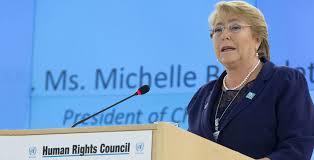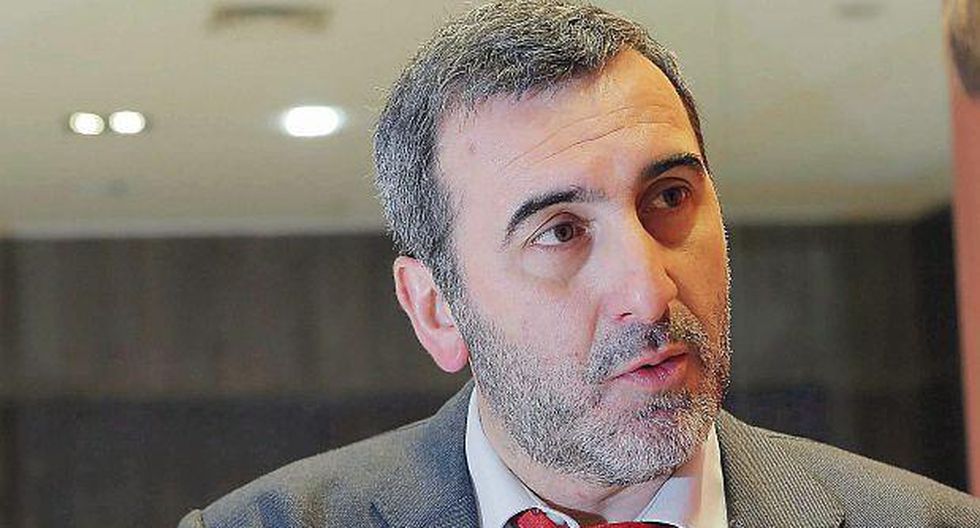A series of obstacles have been placed on Venezuelan political opposition for the upcoming presidential elections, even after the government signed in Barbados an agreement for “free and democratic elections”.
The terms of the negotiation have not been complied with, evident in the unrecognition of the results of the opposition primaries, and the unjustified disqualification of opposition leaders María Corina Machado (Vente Venezuela party) and Henrique Capriles Radonski. (Primero Justicia party)
Added to this are the arbitrary detentions of several members of Vente Venezuela’s political team and the refusal of the National Electoral Council (CNE) to allow the nomination of Dr. Corina Yoris in substitution of Machado under the card of the Democratic Unity Roundtable (MUD).
Furthermore, the failure to open registration points for new voters and the restrictions imposed by Venezuelan embassies and consulates to accept changes of residence and voter registration constitute additional barriers to electoral participation.
These recent measures have triggered a state of political confrontation, bringing the situation to a most critical point and unleashing the escalation of repression against Civil Society. These incidents have been reported to international organizations such as the United Nations Human Rights Council and the International Criminal Court (ICC) as part of the numerous human rights violations that have taken place in the country.
These events have generated concern in the international community and resulted in the violation of several civil and political rights in Venezuela, thus marking a milestone in the country’s democratic history.
Impact on Civil and Political Rights
In a March 20 statement, the Chair of the Independent International Fact-Finding Mission on the Bolivarian Republic of Venezuela, Marta Valiñas, mentioned that “the Mission observes a repetition of the same patterns of human rights violations against real or perceived opponents of the Government, including human rights defenders who dare to criticize, denounce, or protest against government decisions or policies.”
Patricia Tappatá Valdez, a member of the Mission, pointed out that “the disqualifications constitute a direct way of silencing the right to freedom of expression and political participation of Venezuelans.”
The deterioration of civil and political rights in Venezuela has generated growing concern across the world. Human rights organizations such as Amnesty International and Human Rights Watch, have continuously documented the situation in the country, denouncing the repression against the political opposition, the restriction of freedom of expression and the press and the excessive use of force by the authorities.
Lawyer Ezequiel Monsalve, International Litigation Coordinator at the NGO Defiende Venezuela, identified the civil and political rights that have been flagrantly violated during the process, with a particular emphasis on the situation in Venezuela:
🔹Right to participation in public affairs: Equal access to political participation in Venezuela is hindered by the persecution and criminalization of political dissent.
Repression against opposition leaders, media censorship, and threats to freedom of expression seriously limit the ability of citizens to meaningfully engage in political decision-making and the construction of a democratic society.
An example of this is the prohibition by the National Electoral Council of the registration of Corina Yoris as a candidate for the upcoming presidential election under the card of the Democratic Unity Roundtable.
🔹Right to vote, including the right to elect and be elected: Article 63 of the National Constitution establishes this right for all Venezuelans, which is exercised through free, universal, direct and secret suffrage.
The right to vote is not limited to having access to a voting machine and must be observed in a context of freedom and without discrimination of any type. In Venezuela, a woman representing the opposition was not allowed to participate.
🔹Right to Freedom of Association: The violation of this right materialized with the exclusion of several parties from the electoral contest, the imposition of restrictions through the dissolution and/or confiscation of opposition parties and the imprisonment of members of political parties.
This severely limits the ability of citizens to organize and participate in the political and social life of the country, generating an environment of fear and repression.
🔹Right to peaceful protest: The violent repression of peaceful protests by security forces in Venezuela has been widely documented. Arbitrary detentions, excessive use of force and serious human rights violations have been reported during demonstrations.
This has generated a climate of fear and self-censorship, inhibiting the ability of citizens to express their legitimate opinions and demands peacefully and democratically.
The human rights situation in Venezuela is deeply worrying. The flagrant violations of civil and political rights, including the manipulation of electoral processes, the repression of freedom of association, limited political participation and violence against peaceful protesters, evidence a serious erosion of democratic norms and the rule of law in the country.
The international community must continue to denounce these violations and press for concrete measures that promote the restoration of fundamental rights and the search for peaceful and democratic solutions to the crisis in Venezuela.
Translated by José Rafael Medina



